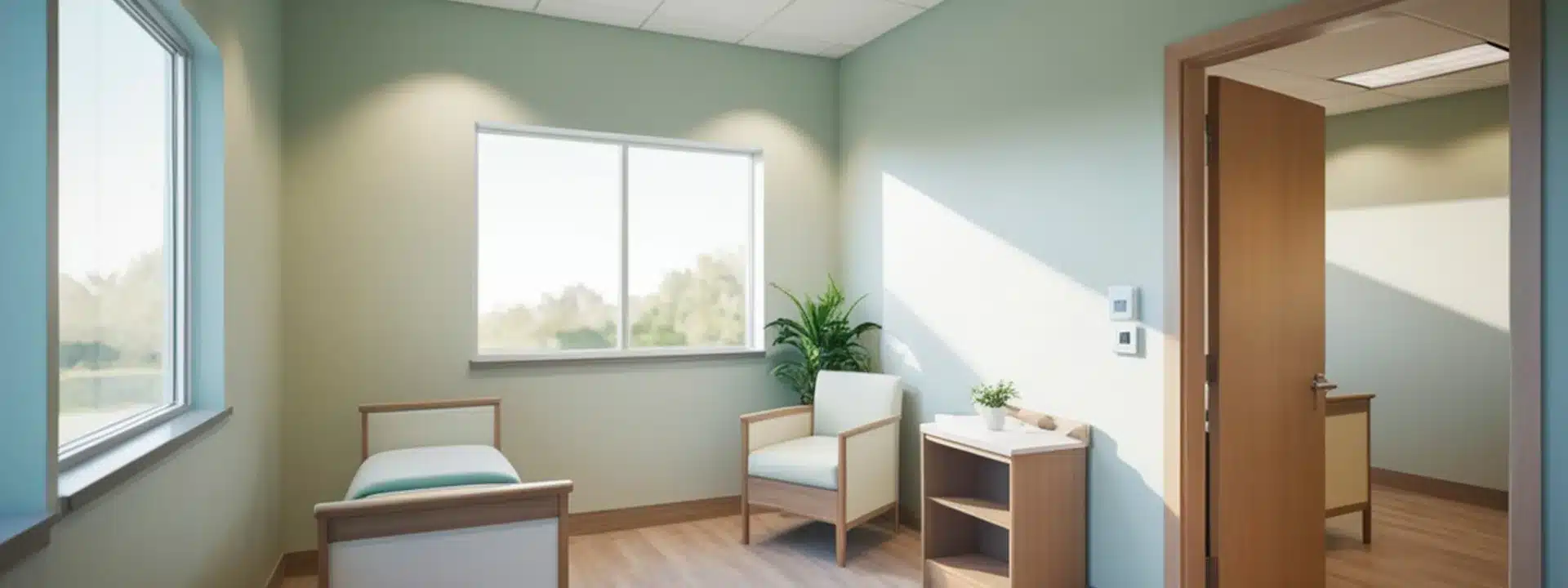Post-traumatic stress disorder (PTSD) and complex post-traumatic stress disorder (C-PTSD) are related conditions, but the complex form is typically the more severe of the two. Complex PTSD symptoms tend to include common PTSD symptoms like flashbacks and nightmares. Still, they often involve additional symptoms such as difficulty connecting with others, feelings of guilt or shame, and extreme difficulty controlling emotions.
Complex PTSD is often caused by repeated exposure to trauma such as abuse or sexual abuse. Complex PTSD symptoms can become so entrenched that they are difficult to treat. However, like PTSD, the complex form can be treated. However, neither condition is likely to be entirely cured. Periods of stress can trigger a relapse of either condition. By learning to manage their disorder effectively, however, patients can maintain their recovery and prevent PTSD symptoms from escalating and impacting their lives to the extent they did before treatment.
Alter Behavioral Health offers treatment for complex PTSD and PTSD. We treat a wide range of mental health and behavioral health disorders. Without treatment, complex PTSD symptoms can become extreme. Some people may even require hospitalization to achieve stability. We can provide evidence-based complex PTSD treatments such as psychotherapy and medication to reduce symptoms and help people manage their disorder as effectively as possible.
Understanding the Difference: Complex PTSD vs. PTSD
PTSD and complex PTSD are quite similar. Both disorders are caused by witnessing or experiencing traumatic experiences. Some people experience trauma on a regular basis, though, and this can lead to a more complex form of the disorder. Childhood sexual abuse, for instance, can cause complex PTSD to develop. A soldier or first responder repeatedly exposed to traumatic experiences is at risk for developing C-PTSD.
The chief differences between the two conditions are the intensity of symptoms, the duration of the disorder, and the addition of symptoms that can accompany C-PTSD. Patients with PTSD or C-PTSD will likely experience flashbacks of the trauma, nightmares, and anxiety. People with complex PTSD are likely to experience additional symptoms such as shame and guilt, which is not unusual for patients who’ve experienced sexual abuse or patients who have survived horrific events where others lost their lives (survivor’s guilt).
Patients with complex PTSD may experience significant relationship problems because they feel disconnected from others. They may feel isolated and seek to isolate themselves further socially. They may struggle to control their moods and emotions. They might have excessive negative thoughts and experience hypervigilance–consumed with looking for danger. They might avoid situations or people that could trigger thoughts of their previous trauma(s).
The Role of Childhood Trauma in PTSD
Early-life adverse experiences, especially traumatic experiences, can manifest later in a person’s life. The emotions and emotional turmoil associated with childhood trauma can resurface in an adult’s life, often triggered by stress. However, some people may be vulnerable to developing PTSD and C-PTSD. They may even have other mental health conditions like depression or anxiety.
Traumatic childhood experiences like sexual abuse or witnessing the abuse of family members can substantially impact a developing mind. It can alter the ‘wiring’ of the brain to the extent that a mental disturbance occurs and a mental illness disorder develops at the time or in the future. Childhood trauma is not the only cause of complex PTSD, but it is a leading cause of the disorder.
Complex PTSD Mood Swings and Emotional Regulation

Someone with complex PTSD often struggles to regulate their emotions and control their moods. Mood swings often underscore the disorder. Angry outbursts and negative emotions play a powerful role in the condition, somewhat akin to the emotional turbulence experienced in petulant BPD. A person with PTSD can struggle to manage emotions, but someone with complex PTSD may wrestle with them for a longer period, causing significant instability in their lives and relationships. Complex PTSD mood swings are challenging to manage. Patients often benefit from medications that help them manage emotions, which can lead to greater mood stability.
Recognizing the Physical Side: Manifestations of PTSD
Physical manifestations of PTSD can occur in the complex form of the condition. Patients can experience fatigue, elevated blood pressure, and various types of pain, such as headaches or back pain. The intense stress accompanying the condition can result in various other physical symptoms, such as gastrointestinal complaints, nausea, or muscle tension. Physical symptoms can be treated, but these symptoms often dissipate when the underlying mental illness and stress are managed.
Pathways to Healing: Treating Complex PTSD
Clinicians base how to treat complex PTSD on each patient and their symptoms. Therapeutic interventions such as cognitive behavioral therapy are essential to the treatment process in most cases. Medications such as antidepressants and anti-anxiety medications can also be helpful. Some patients may benefit from medications that alleviate insomnia or the physical symptoms they may experience. Clinicians will individualize treatment plans to ensure that each patient gets the support they need to experience complex PTSD symptom relief.
Frequently Asked Questions About Complex PTSD Symptoms
What are the primary triggers for Complex PTSD symptoms?
The primary triggers of complex PTSD symptoms are those that cause flashbacks to the original trauma or traumatic experiences. For someone who experienced sexual abuse as a child, triggers might be anything — even a non-sexual touch — that reminds them of their early experiences. For a soldier, a trigger might be a loud noise reminiscent of gunfire or an explosion.
How is Complex PTSD diagnosed?
Not all clinicians, even mental health providers, are familiar with complex PTSD, and for this reason, they may deliver a diagnosis of PTSD. However, mental health experts like those at Alter Behavioral Health are well-versed in differentiating PTSD and its complex form. Our mental health providers will diagnose the disorder based on careful evaluation of the patient. Severe symptoms and symptoms that are associated with the disorder will point to an accurate diagnosis of C-PTSD.
Can Complex PTSD develop even if one’s childhood was relatively trauma-free?
Yes. A person can develop complex PTSD even if they did not experience childhood trauma. The condition can affect people who experienced or witnessed trauma as an adult.
Are there self-help techniques to manage Complex PTSD mood swings?
Patients learn techniques and strategies to manage their PTSD mood swings during therapy. Holistic strategies such as meditation and exercise may be helpful with mood swings along with medication.
How does Complex PTSD affect relationships and daily functioning?
People with complex PTSD often struggle with relationships because they feel isolated, often exhibit angry outbursts, and have a difficult time controlling their emotions.
Is medication necessary for treating Complex PTSD?
Medication is often helpful for treating complex PTSD, especially during early treatment stages. Some people may remain on medication indefinitely.
What are the long-term impacts if Complex PTSD goes untreated?
If complex PTSD is left untreated, patients can become increasingly unstable. They may exhibit serious symptoms of depression or even suicidal thoughts. It’s important to seek treatment to achieve mental stability.



